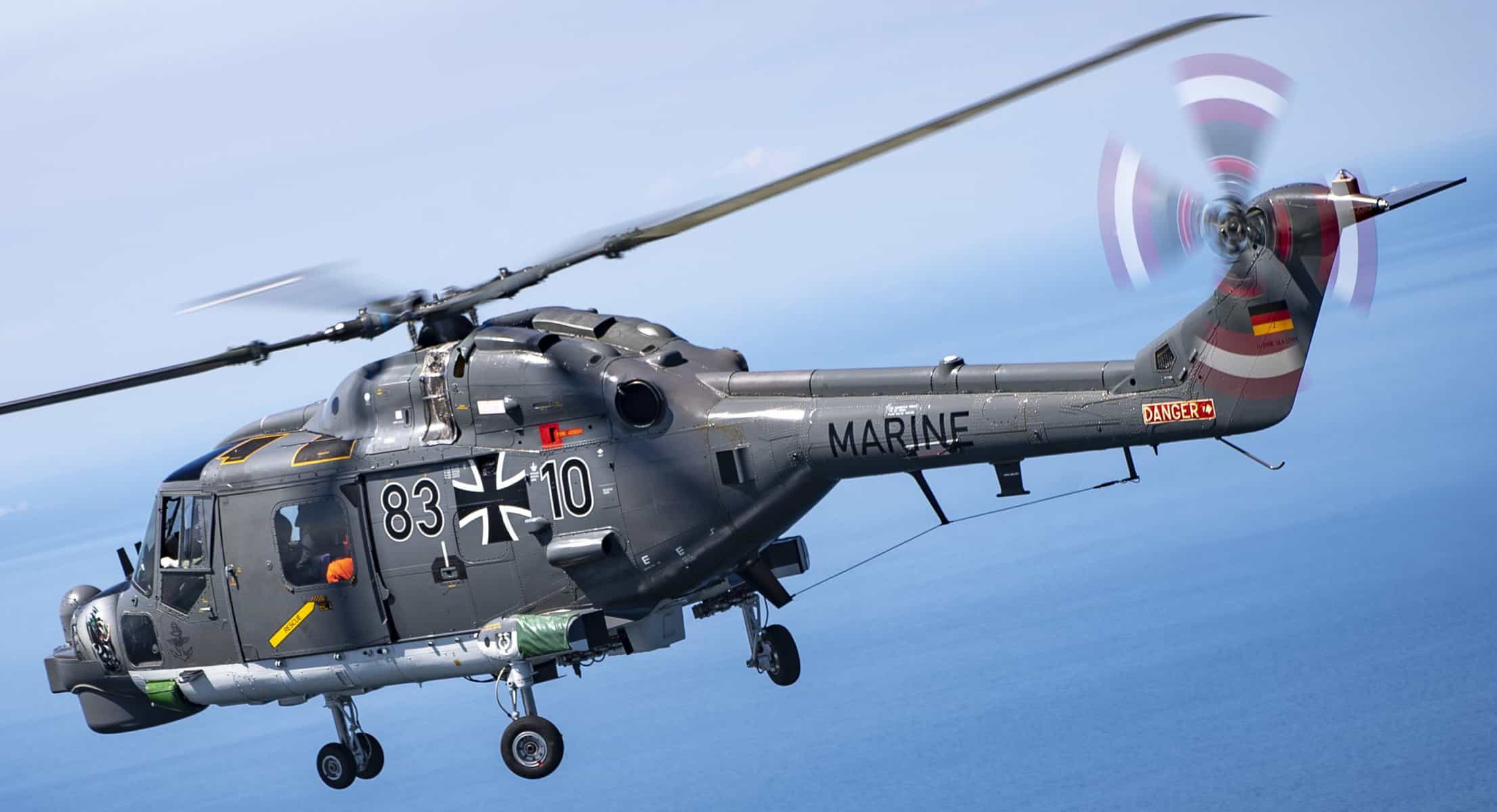
A Russian warship has fired warning shots at a German helicopter carrying out patrols over the Baltic Sea.
Die Welt reported on this.
Prior to this, German Foreign Minister Annalena Baerbock briefly mentioned the incident on the sidelines of a NATO meeting in Brussels but did not provide any details. It is currently unknown when exactly it happened.
Baerbock also announced increased surveillance of pipelines and data cables in the Baltic Sea. The reason for this decision is the increasing number of hybrid attacks by Russia and its partners.

On September 24, it was reported that the Russian destroyer Admiral Levchenko opened warning fire on a Norwegian fishing vessel in the Barents Sea.
The incident involving the shelling of the 15-meter vessel MS Ragnhild Kristine took place on September 12 in the Barents Sea, north of Varde in Norway’s exclusive economic zone.

A Russian Navy ship participating in the Ocean 24 military exercises reported that the Norwegian vessel was in the danger zone and demanded that it leave.
However, the crew of the vessel MS Ragnhild Kristine ignored the Russians’ order, explaining that they needed to pick up the cables at sea. Then the destroyer opened warning fire from its cannon in its direction.
Norwegian Defense Ministry officials said Norwegian ships are not required to leave Norway’s EEZ during military exercises.
In November, Militarnyi reported that a damaged submarine communication cable was discovered between Lithuania and Sweden. The incident caused a third reduction in Internet bandwidth.
Data transmission between Finland and Germany was completely interrupted due to a cable break.
It was the only direct link of its kind between Finland and Central Europe and ran alongside other important subsea infrastructure, including gas pipelines and electricity cables.
Both incidents occurred a few weeks after the United States detected increased Russian military activity around major submarine cables.

At the same time, the West is increasingly stating that underwater communications and energy maritime infrastructure could become targets of Russia’s hybrid attacks and that such facilities are very difficult to protect.
Підтримати нас можна через:
Приват: 5169 3351 0164 7408 PayPal - [email protected] Стати нашим патроном за лінком ⬇
Subscribe to our newsletter
or on ours Telegram
Thank you!!
You are subscribed to our newsletter